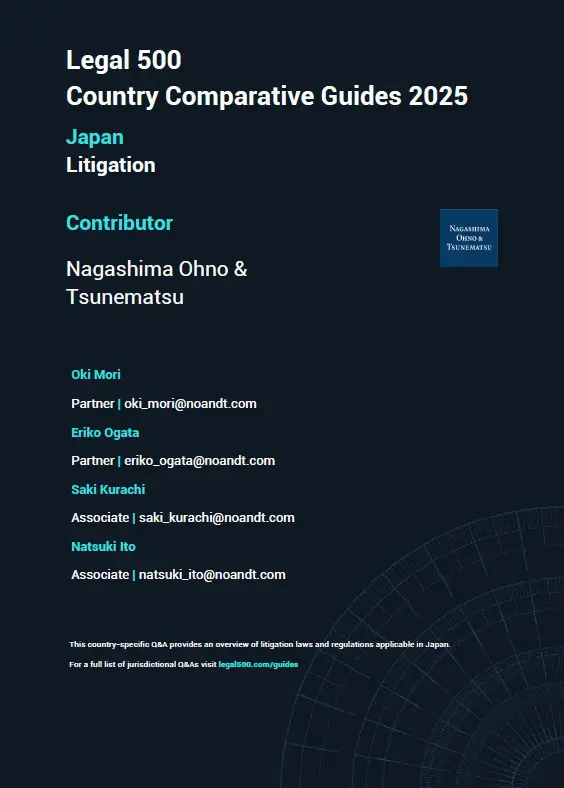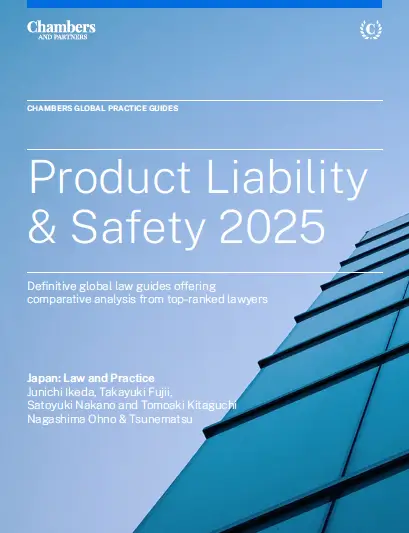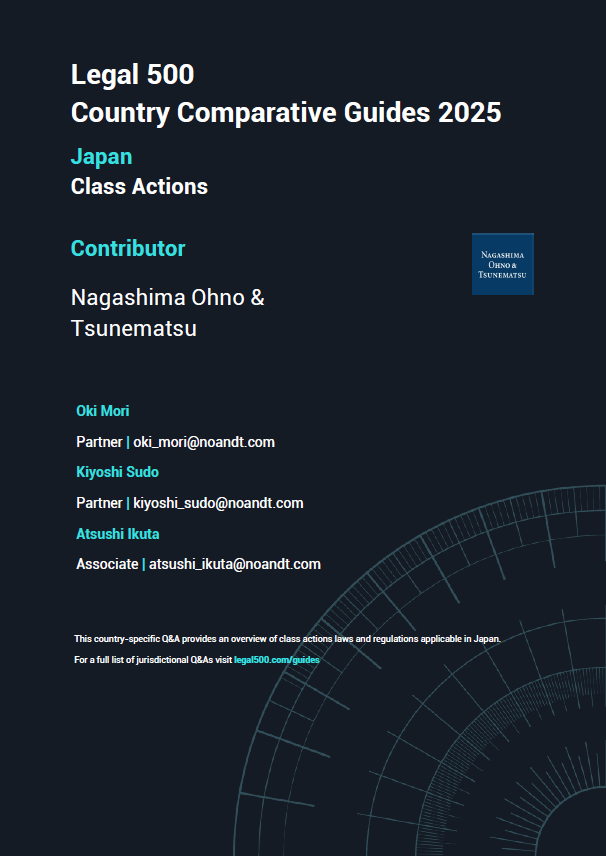
NO&T Asia Legal Review
Guidelines for online businesses were issued on 4 March 2022 through Joint Administrative Order No. 22-01 (the “Guidelines”) by the Philippine Department of Trade and Industry (“DTI”), Intellectual Property Office (“IPOPHL”), National Privacy Commission (“NPC”), Department of Health, Department of Agriculture, and Department of Environment and Natural Resources.
Acknowledging that the COVID-19 pandemic has disrupted traditional business models and accelerated the growth of e-commerce in the Philippines, the Guidelines aim to increase consumer confidence in e-commerce transactions by ensuring that online businesses are conducted in line with laws and regulations.
The Guidelines generally reiterate and consolidate laws and regulations applicable to online businesses and consumers. It covers all online businesses (which includes e-commerce platforms, e-marketplaces, e-retailers, and online sellers or merchants) whether natural or juridical, formal or informal, engaged in electronic transactions, including but not limited to the sale, procurement or availment of goods, digital content / products, digital financial services, entertainment services, online travel services, transport and delivery services and education services.
Apart from requiring all online businesses to comply with all Philippine laws, rules and regulations, including laws which protect the public against hazards of health and safety, the Guidelines also highlight the following:
Deceptive, unfair and unconscionable sales and practices are already penalized under Republic Act No. 7294 or the Consumer Act and Republic Act No. 8293, as amended or the Intellectual Property Code. However, the Guidelines enumerate additional acts which may be considered as deceptive sales and practices. These include cases when the seller or supplier of a product is not duly authorized by the trademark holder to act as distributor / retailer/ seller of the product, or when consumer product or service is misrepresented as being of a particular standard, quality, grade, style, model, shape, etc., or as being propriety, having regulatory approval or legally compliant with existing laws or regulations, when it is not.
The Guidelines also provide clarification on the circumstances to be considered in determining whether a sales act or practice is unfair or unconscionable. Among such circumstances are, when the electronic transaction was entered into “the price grossly exceeded the price at which similar products or services were readily obtainable in similar transactions by like consumers”, or when a consumer was induced to enter into excessively one-sided transaction in favor of the seller or supplier.
Under the Guidelines, online businesses shall comply with the pertinent warranty and labelling requirements under the Civil Code and Consumer Act. Product listings of e-retailers or online merchants on e-marketplaces or platforms must reflect the prices of the product or services in Philippine Pesos and display payment policies, delivery options, returns, refunds and exchange policy and other charges, if applicable. The total price must be clearly and accurately indicated in high visibility areas, preferably near the product title or add-to-cart buttons. The Guidelines also clarify that the practice of providing prices through private or direct messages to consumers is considered a violation of the Republic Act No. 71, as amended or the Price Tag Law.
Among other requirements, online businesses are required to exhibit or indicate the corresponding license or permit number for the sale of items which are regulated by government agencies, and it shall generally be unlawful for e-commerce platforms, e-marketplaces and the like to advertise any food, drug, cosmetic, device, or hazardous substance unless the product is duly registered and approved by the relevant government agency for use in any advertisement.
Online sellers, merchants and e-retailers are expected to handle all personal data of consumer with utmost care and respect and comply with Republic Act No. 10173 or the Data Privacy Act. They shall publish on their websites or online platforms a privacy notice which shall provide consumers with information regarding the purpose and extent of processing of their personal data in relation to their transaction, including if there is any data sharing, profiling, direct marketing, or automated decision-making.
Online businesses shall also avoid online spamming and allow consumers to choose whether they wish to receive commercial messages and provide adequate mechanisms for them to opt-out from the same. Online merchants that operate their own online application or similar platforms are also prohibited from asking unnecessary permissions from consumers.
Defective product or services
In case of defective product and services, the Consumer Act applies and online sellers or merchants shall be held liable when it is not possible to identify or there is no clear identification of the manufacturer, builder, producer or importer of a defective product, or when perishable goods are not adequately preserved.
Intellectual property violations
E-commerce platforms, e-marketplaces and the like shall verify if the goods sold by online sellers or merchants and e-retailers are original, genuine, and/or licensed. They may be required by holders of intellectual property rights (“IP Holder”) to take-down posts of infringing goods or contents. In the event the e-commerce platform fails to respond to take down requests of the IP Holder, the IP Holder may notify the IPOPHL for appropriate action. Complaints regarding counterfeit and pirated goods may also be brought before other government agencies having jurisdiction over the same (e.g., the Optical Media Board, Food and Drug Administration, etc.).
Enforcement action by government agencies; extent of liability
In case of prima facie violation of pertinent laws or regulations committed in an online post by the online seller or merchant, e-retailer, e-commerce platform, e-marketplace and the like, the relevant government agency shall issue a notice giving the violator a maximum of 3 calendar days to take down such post, without prejudice to filing the appropriate administrative actions. Failure to take down the post within such period shall be considered an intentional and overt act that aggravates the offense. While a take down notice may be appealed following the procedures set under applicable laws, no reposting will be allowed pending appeal.
E-commerce platforms, e-marketplaces and the like shall be treated and held liable in the same manner as online sellers or merchants and e-retailers when the latter commits any violation of the laws implemented by the Guidelines. On the other hand, delivery platforms shall only be liable in the same manner as online sellers or merchants and e-retailers when they are carrying or delivering restricted, prohibited or infringing items.
Responsibility of e-commerce platforms and e-marketplaces in enforcement actions
E-commerce platforms and e-marketplaces have the authority to enforce the rights of the IP Holder in accordance with their respective internal mechanisms. The Guidelines recognize that the usual modes of enforcement by platforms include temporary or permanent suspension or restriction of the infringing seller’s accounts.
E-commerce platforms and e-marketplaces are therefore directed to enact and strictly enforce internal mechanisms or rules aimed to prohibit online sellers or merchants, previously found administratively liable for violation of pertinent laws and regulations, from selling, posting or offering items for sale on their respective platforms. Otherwise, the failure to enact or strictly enforce such internal mechanisms shall be construed as an intentional and overt act which aggravates the offense.
The Guidelines emphasize the legal framework under which online businesses operate, and serves as a reminder to online businesses of their obligations and accountability under existing consumer-related laws and regulations. Considering that consumer confidence is key for the growth of any business sector, the Guidelines are a step in the right direction to foster the development of e-commerce in the Philippines.
This newsletter is given as general information for reference purposes only and therefore does not constitute our firm’s legal advice. Any opinion stated in this newsletter is a personal view of the author(s) and not our firm’s official view. For any specific matter or legal issue, please do not rely on this newsletter but make sure to consult a legal adviser. We would be delighted to answer your questions, if any.


(August 2025)
Oki Mori, Akiko Inoue (Co-author)


(July 2025)
Oki Mori, Eriko Ogata, Saki Kurachi, Natsuki Ito (Co-author)


(June 2025)
Junichi Ikeda, Takayuki Fujii, Satoyuki Nakano, Tomoaki Kitaguchi (Co-author)


(June 2025)
Oki Mori, Kiyoshi Sudo, Atsushi Ikuta (Co-author)


(August 2025)
Oki Mori, Akiko Inoue (Co-author)


(June 2025)
Junichi Ikeda, Takayuki Fujii, Satoyuki Nakano, Tomoaki Kitaguchi (Co-author)


(June 2025)
Oki Mori, Kiyoshi Sudo, Atsushi Ikuta (Co-author)


Yothin Intaraprasong, Chattong Sunthorn-opas, Thunsinee Sungmongkol (Co-author)


Supasit Boonsanong, Thananya Pholchaniko, Phareeya Yongpanich (Co-author)


Patricia O. Ko


Claire Chong, Nozomi Kato (Co-author)


Yuan Yao Lee


Supasit Boonsanong, Thananya Pholchaniko, Phareeya Yongpanich (Co-author)


Patricia O. Ko


Claire Chong, Nozomi Kato (Co-author)


Yuan Yao Lee


Patricia O. Ko


Patricia O. Ko


Patricia O. Ko


Patricia O. Ko